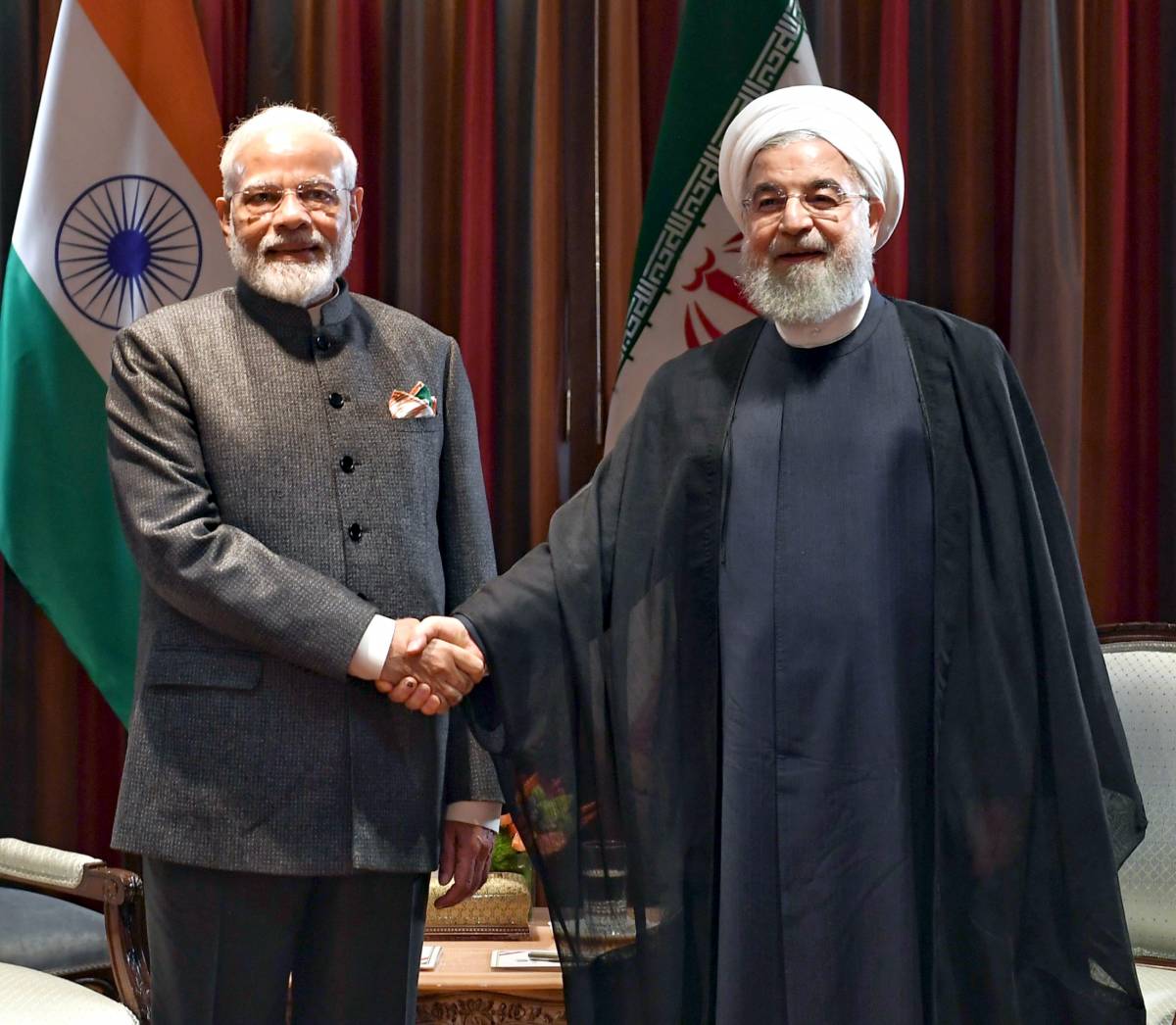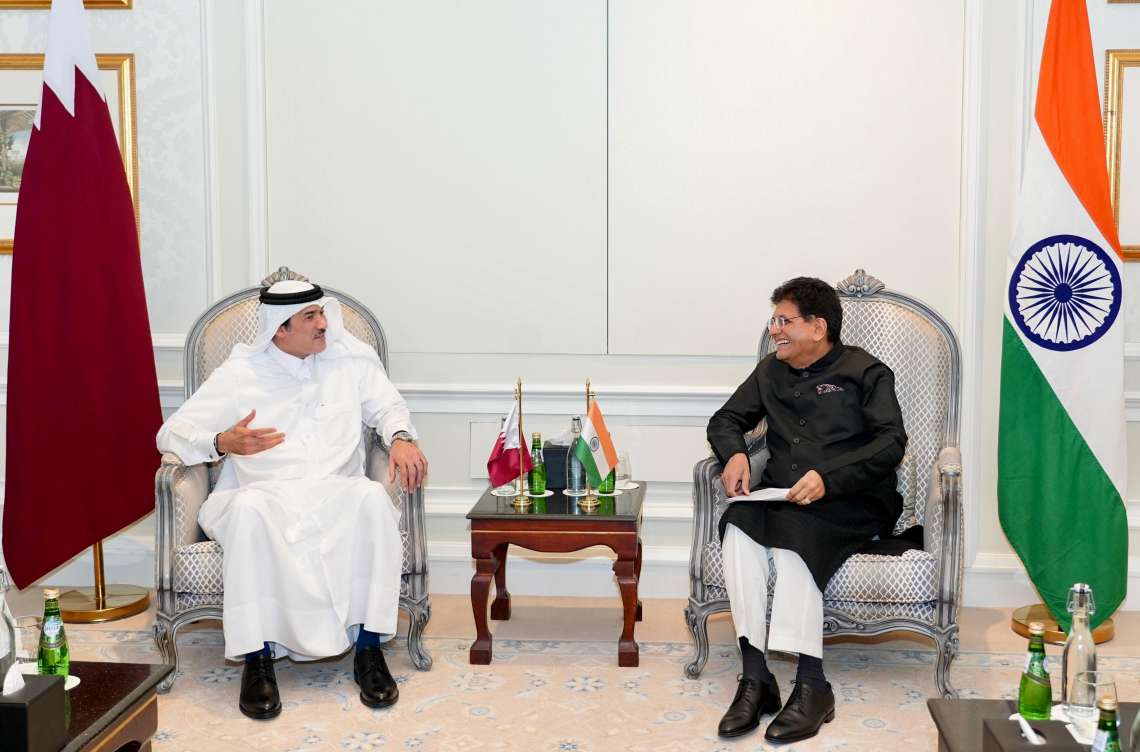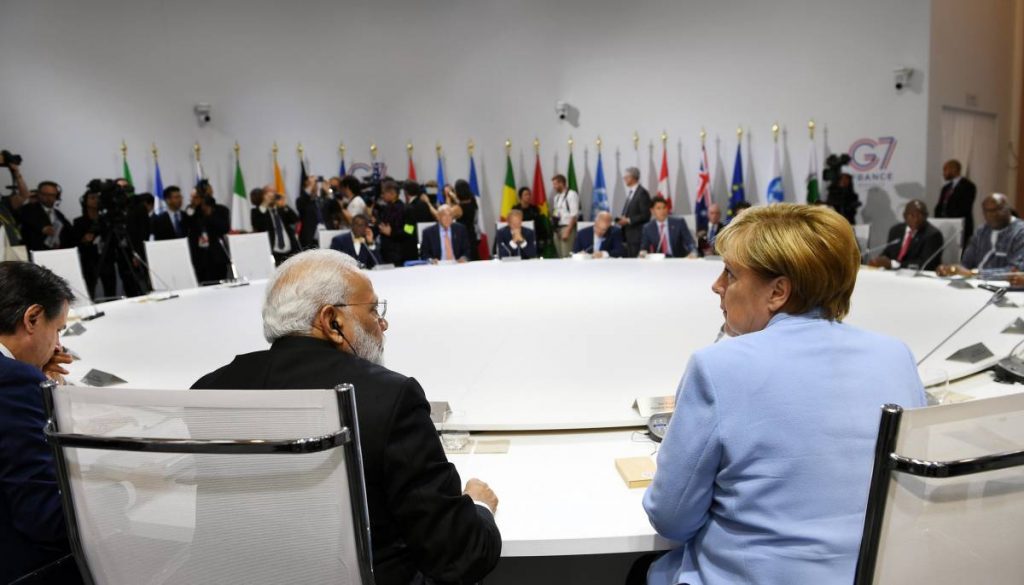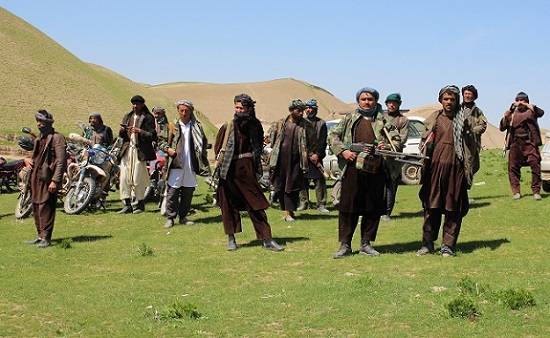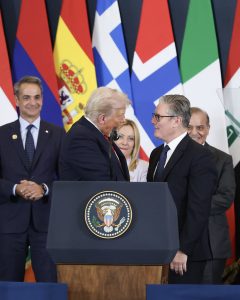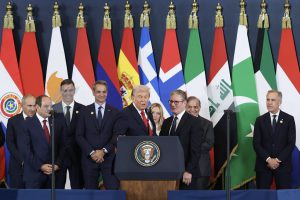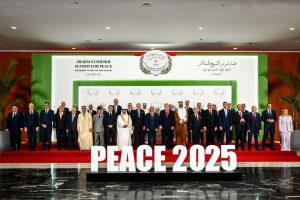With oil and gas as a major spur of the India-Iran relations, Chegeni proposed that Iran had earmarked and opened Bandar-e-Jask — a port on the mouth of the strategically crucial Strait of Hormuz — for major Indian and Chinese energy investments, reports Atul Aneja
The expected revival of the nuclear deal between Iran and the western powers is set to yield unexpected opportunities for India, including access to the Iranian port of Jask as base for strategic oil reserves and a new “land-and-sea” gas pipeline.
Speaking at a webinar on Monday, Iran’s ambassador to India, Ali Chegeni anticipated that it was only a matter of time before sanctions against Iran were lifted, following an early revival of an updated Joint Comprehensive Plan of Action (JCPOA).
In fact, negotiations in Vienna on the JCPOA in its new avatar could wrap up within three weeks, former Iranian Ambassador Seyed H. Mousavian, former Iranian ambassador to Germany, added during a brainstorming exercise on the future of India-Iran relation hosted by the Kolkata based Tillotama Foundation. Once the JCPOA is revived India will and no longer constrained by western sanctions in its dealings with Tehran.
With oil and gas as a major spur of the India-Iran relations, Chegeni proposed that Iran had earmarked and opened Bandar-e-Jask — a port on the mouth of the strategically crucial Strait of Hormuz — for major Indian and Chinese energy investments. He pointed out that India could build its strategic oil reserves at this port. Without going into details that India had a narrow window on investing in the construction of land- and- sea pipeline that originated from Bandar-e-Jask.
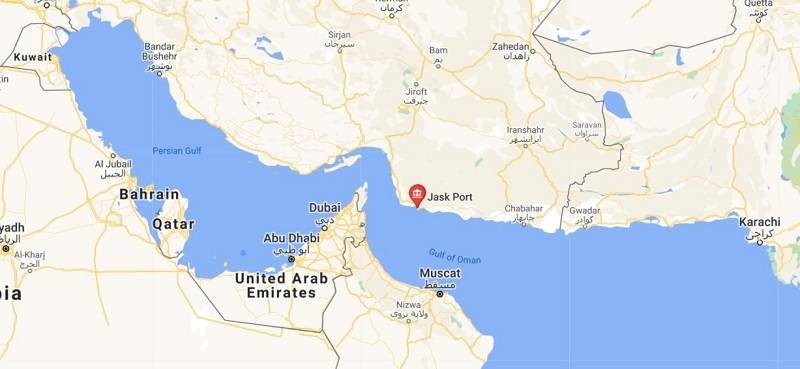
“Having huge oil storage capacity available, with just a short direct sea journey away from India, means that it is time to realize construction of the Iran-India oil and gas pipeline. India also can use Jask port facilities to store its strategic crude oil reserve to meet emergency needs in case of disruptions in supply,” he observed.
So far, India has rejected the construction of the proposed Iran-Pakistan-India (IPI) gas pipeline, citing economic and security considerations. Another idea that has been in play is the construction of a gas pipeline that originates in Iran and via Oman, enters India’s west coast through an undersea gas pipeline.
Analysts point out that a strategic energy pipeline can truly anchor the India-Iran relationship, whose cultural roots can be traced to antiquity.
ALSO READ: UN suspends Iran voting rights over unpaid dues
Without naming them, Chegeni said that several countries were in the queue to join a budding quadrilateral arrangement among India, Iran, Afghanistan and Uzbekistan to use the Iranian port of Chabahar in the Indian Ocean to route their trade. The Chabahar port and a corridor that extends towards Afghanistan and Uzbekistan is expected to emerge as key gateway to channel trade between Eurasia, including landlocked Central Asia and the rest of the world.
The Iranian ambassador also said that India can invest up to a mammoth $ 20 billion in a sprawling free trade zone that was coming up next to the Chabahar port. flows for India.
He pointed out that “there is possibility to revive the India’s plan to invest $20 billion in Chabahar Economic Free Zone (EFZ) for setting up petrochemical and fertilizer plants either independently or through joint ventures with Iranian public-private companies”.
He added that Iran has already allocated land in the EFZ, and willing to offer a favourable treatment in pricing of gas for India and also supply of rich gas at a competitive price and on a long-term basis for the entire life cycle of the joint venture projects.
The Iranian ambassador’s assertions on Chabahar dove tailed with another proposal — of linking the Chabahar route with the older International North South Transport Corridor initiative.

The Chabahar route begins at Mumbai, though Gujarat’s Mundra port is now acquiring greater resonance. From India’s west coast, the corridor heads to Chabahar, from where the route heads towards Afghanistan via Iran’s Sistan Baluchistan province along a recent India-built road. Over time, a railway is also envisaged, which will link Chabahar with the Hajigak iron ore mines in Afghanistan, where India has made major investments.
Essentially, the new INSTC is a combination of two corridors. It then heads to Bandar Abbas, a famous Iranian port in the Gulf. From there it takes the overland route to Bandar Anzali, which is located on the Caspian Sea coast in the north.
Containers are off-loaded here and shipped along the Caspian to its Russian shore at Astrakhan, which becomes the base of further transportation into Eurasia. Over time, other countries are being networked in this rapidly mutating corridor including Azerbaijan and Armenia, in tune with the rise of Eurasia in the 21 st century.
Earlier this year, India’s external affairs minister S. Jaishankar proposed the integration of the Chabahar Port with the INSTC. “I am hopeful that during the INSTC Coordination Council meeting, member-states would agree to the expansion of the INSTC route to include the Chabahar Port and also agree on expanding the membership of this project.”
(This content is being carried under an arrangement with indianarrative.com)
ALSO READ: Israel concerned over US-Iran nuke deal

